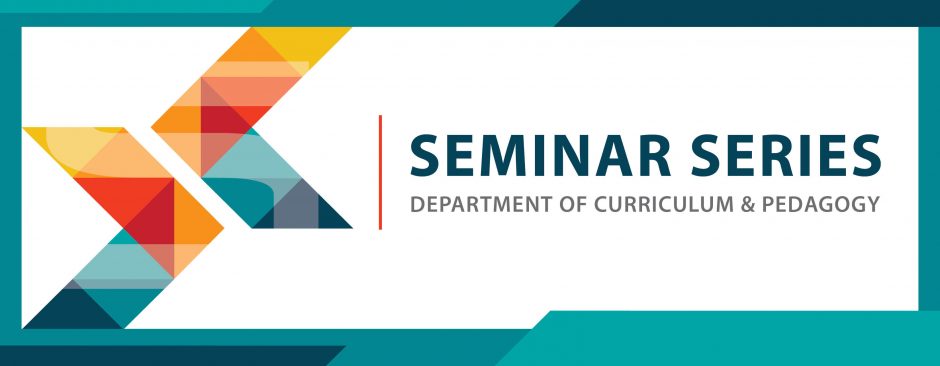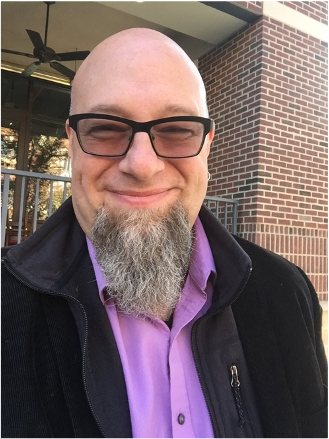
Dr. Walter S. Gershon | Rowan University, New Jersey, USA
Friday, October 29, 2021 | 12:30 – 2:00 pm (PST) | via Zoom
Faculty Host: Dr. Rita Irwin
View the Seminar Poster
Abstract
We have again arrived at an educational moment where formal curricula, that which people are intended to learn in schools, is part of a national conversation about knowledges and their production. As each emerging iteration is inclusive of understandings that are both amplified and dampened, it is perhaps unsurprising that this round of curricular attentions appears to echo interactional patterns on social media where speed is understood as strength, emphaticalness becomes veracity, and quantity speaks for the quality of claims. Such tendencies are by no means new in education or academia. However, because critical academic cant has in many ways become the lingua franca of public conversation about injustice, calls for much needed changes towards justice, dignity, and access often appear to echo the same kinds of errors in construction and context. One such product is a specificity of naming that allows an ahistoricity of attention and accompanying claims of novelty only possible because of foundational ocular understandings that allow people and knowledges to be framed. In response, this talk addresses the presence and possibilities for educational sound studies through a performative articulation of sound curriculum, an understanding that insists on filtering rather than framing and begins with the impossibility of being heard.

Short Bio
Walter S. Gershon (Ph.D.) is Associate Professor of Critical Foundations of Education and Program Coordinator, Master’s in Urban Education and Community Studies, in the Department of Language, Literacy, and Sociocultural Education at Rowan University. Dr. Gershon’s scholarly interests focus on questions of justice, access, and dignity about how young people make sense, the sociocultural processes that inform their everyday sense-making, and the qualitative methods used to study those processes. Situated at the intersection of critical studies of education, social science, and qualitative research methods, Walter’s work often utilizes emerging theoretical and methodological understandings to explore everyday interactions and experiences for marginalized children and youth. In addition to journal articles and book chapters, Walter is the editor of three books and two scholarly monographs, both winners of national book awards, Sound Curriculum: Sonic Studies in Educational Theory, Method & Practice (2017, Routledge) and Curriculum and Students in Classrooms: Everyday Urban Education in an Era of Standardization (2017, Lexington Books). Forthcoming work includes a book on sound methods for qualitative research (Routledge) and a book that is half fully sonic and half texted with embedded sounds and response images from Jorge Lucero (MIT Press). Prior to his time in higher education, Dr. Gershon taught elementary (Pacoima, CA) and high school (alternative school, Portland, OR), served as a supervisor of student teachers, and taught English as a Second Language in the US and Japan.